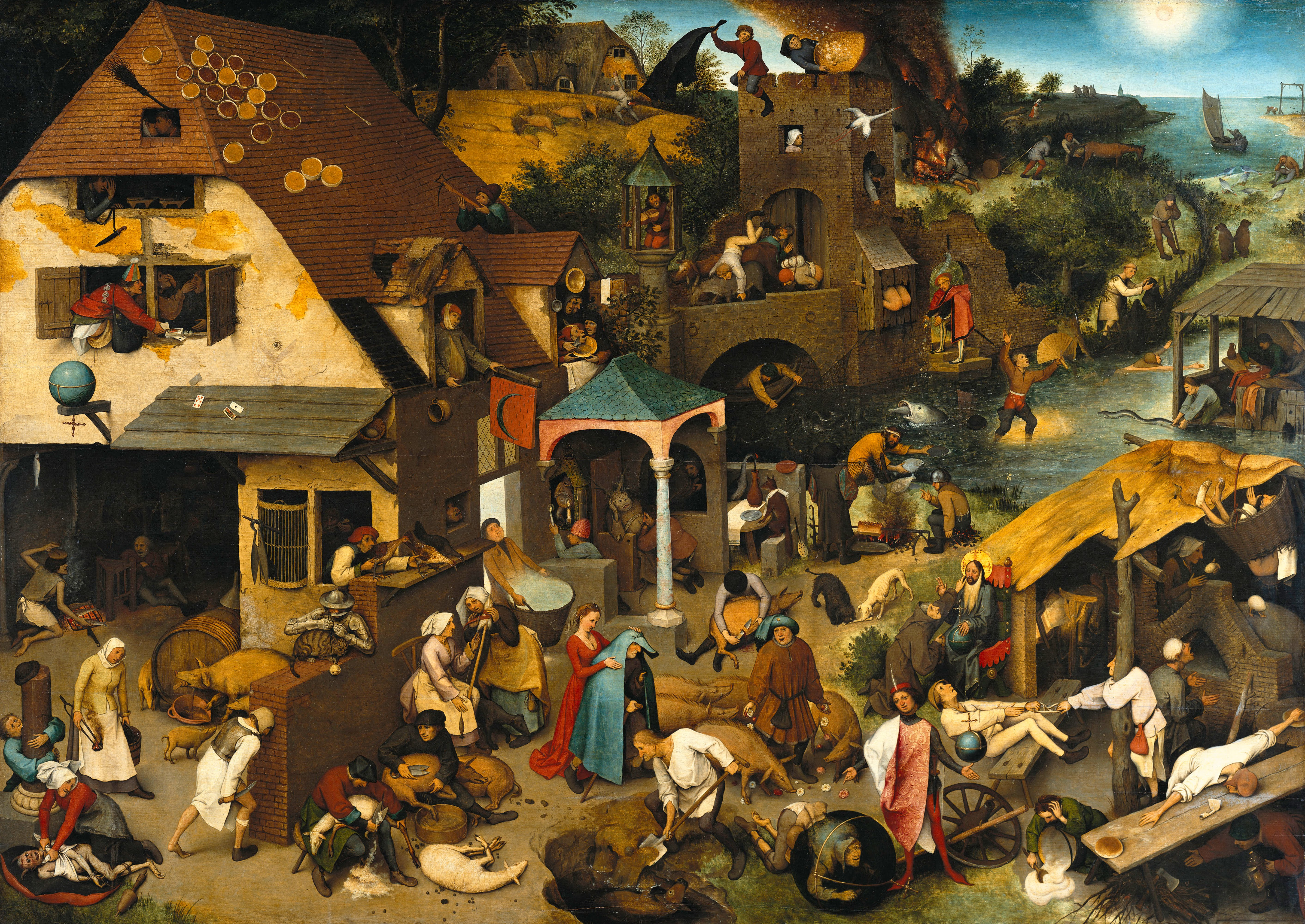The Undutchables

Maybe you know the book The Undutchables. It describes the Dutch and how it must be for a foreigner to immigrate to The Netherlands and be confronted with Dutch peculiarities. For a next edition a new chapter may be added with specific interest for lawyers. In The Netherlands we celebrate Kings Day (April 27th); we celebrate 200 years of Dutch parliament in 2015 and we have celebrated 200 years Dutch Constitution and Monarchy in 2014. And also we tend to underline that we are a democratic state under the rule of law.
Recently the Dutch government even launched a proposal to introduce in the Dutch Constitution a clause mentioning the rule of law and democracy. It might however struck as odd that last week (March 18th) elections for provincial parliaments were not so much an issue for that aspect, bur for what they also were, that is indirect elections for the Dutch senate. And the Dutch senate has the right and privilege to vote legislation and as it turned out after the elections, the Dutch government will have a hard time to have a majority in the Senate for its legislative packages and budgets. Quite a few opposition parties proclaimed their political position that they would critically assess legislation and would not hesitate to vote it down. Isn’t that a bit odd, to have a part-time Senate, indirectly elected, with political parties and members claiming their political allegiance and partisan approaches? That is indeed a form of indirect indirect democracy. Is that befitting a modern democracy?
A second feature is that political parties in the Second Chamber (directly elected, yes indeed), seem to be opposed to an introduction of judicial constitutional review. No rule of law for Acts of parliament. Politics know best and do not wish to be confronted with courts testing the legal quality of their legislation. We have lived for many years with the idea that this was precisely one of the functions of the Senate. But we have now awoken to the situation that the Senate is also political and voting according to politics and coalition and opposition. So, who is left then to test the legal quality of the laws and set boundaries to the legislature?
If these features are truly part of the Dutch identity and the Undutchables, indeed it will be hard to restore them and adapt the Senate and introduce judicial review. We may have a constitutional clause underlining democracy and rule of law, and at the same time an indirect indirect democracy in the senate and no judicial review. A paradox or a contradiction. Well, at least a typical Undutchable! Luckily the Netherlands are not about to enter the EU, because one may doubt whether these aspects meet the Copenhagen criteria.
-
 A.W. HeringaMore articles from A.W. Heringa
A.W. HeringaMore articles from A.W. HeringaAuthor and editor of numerous books and articles on Dutch Constitutional law, the European Convention on Human Rights, the European Social Charter, comparative constitutional law, US constitutional law, Human Rights and legal education. Author of blogs on the Montesquieu Institute website.